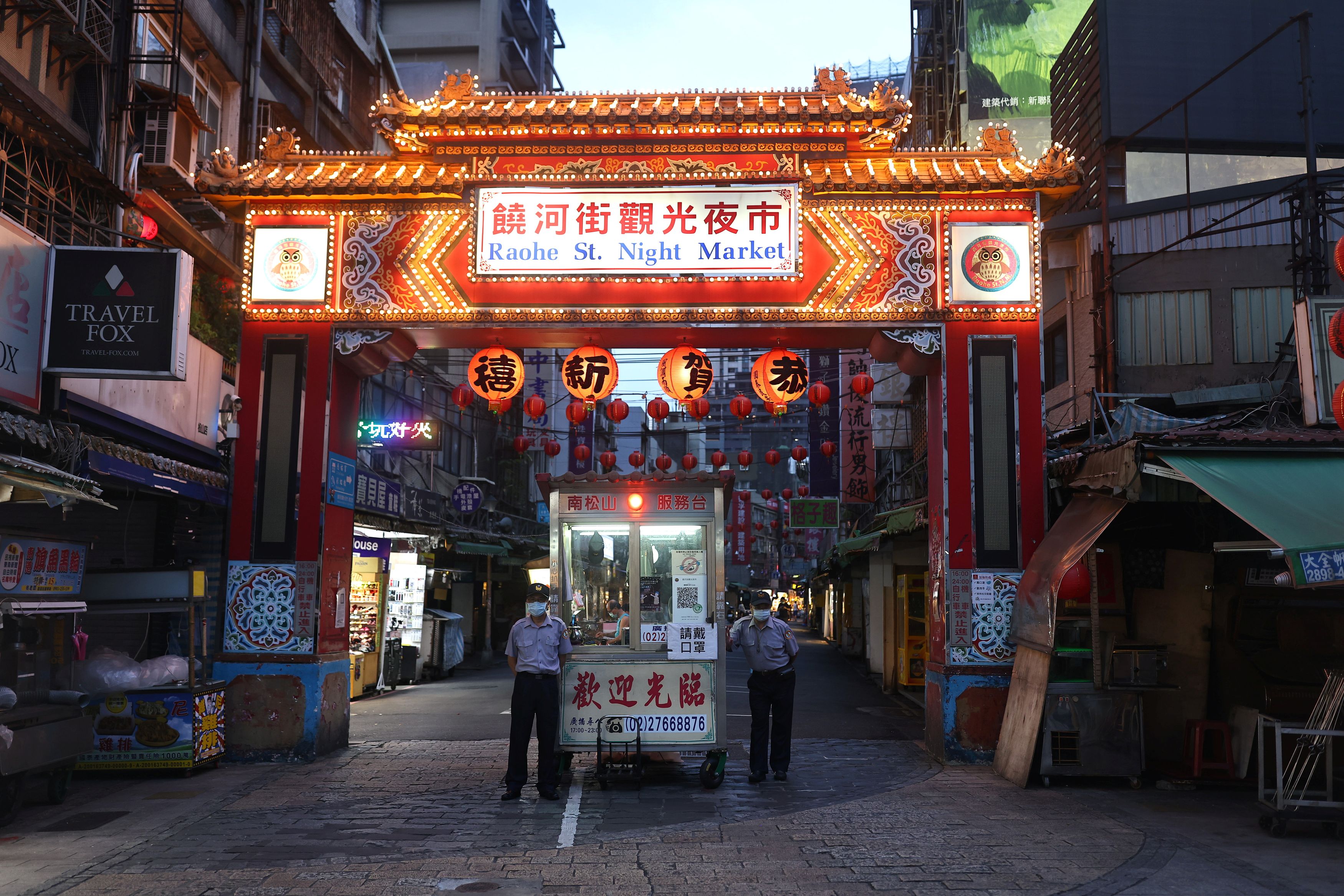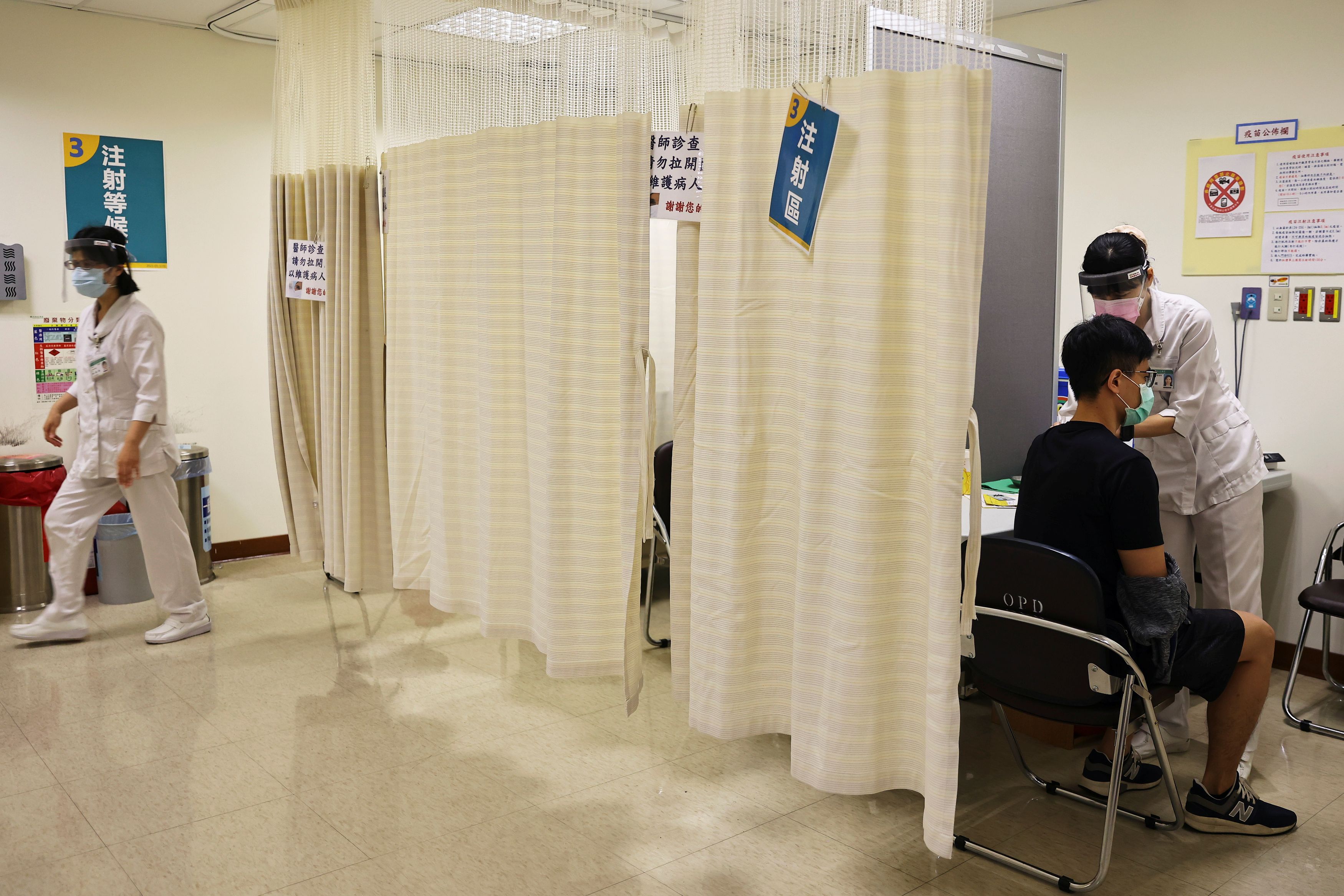This year's World Health Assembly (WHA) marks the fifth consecutive year that China's Taiwan region's failed in its attempt to score an invitation to the international conference, showing once again its push for "Taiwan independence" will fail.
The Taiwan region's WHA dream
The Health Assembly is World Health Organization (WHO)'s highest decision-making body, and delegations from all around the world attend. Associate members, observers, United Nations (UN) representatives, other participating inter-governmental organizations and non-state actors are also invited.
China's Taiwan region had been participating in the WHA as an observer since 2009 as "Chinese Taipei," a special arrangement made through cross-Strait consultations based on the 1992 Consensus that embodies the one-China principle upheld by both sides of the Taiwan Straits.
However, since the Democratic Progressive Party (DPP) came to power in the Taiwan region in 2016, it has not recognized the 1992 Consensus and its core connotation that both sides belong to the same China, damaging the political foundation for cross-Strait relations and the prerequisite and foundation for Taiwan's participation in the WHA.
The Chinese Foreign Ministry and the State Council Taiwan Affairs Office have said on many occasions that the DPP should bear full responsibility for the island not being invited to the assembly.
Since 1997, the region has been instigating countries that have "diplomatic" relations with it to table a Taiwan-related proposal to the WHA. After the COVID-19 pandemic broke out, the DPP has geared up hyping up the issue under the pretext of epidemic prevention cooperation.
However, all of them failed.

Guards stand in front of an empty night market following the recent rise in COVID-19 infections in Taipei, southeast China's Taiwan, May 23, 2021. /Reuters
Guards stand in front of an empty night market following the recent rise in COVID-19 infections in Taipei, southeast China's Taiwan, May 23, 2021. /Reuters
Why the dream is doomed to be shattered
Taiwan region's failure to fulfill its unrealistic dream of snagging an invitation to the WHA meeting was expected because it violates international norms, has groundless excuses and goes against the international community's consensus.
Resolution 2758 of the 26th session of the UN General Assembly and Resolution 25.1 of the 25th WHA have long ago explicitly affirmed that the government of the People's Republic of China is the sole legitimate government representing China at the UN and the WHO.
The WHO Constitution and Rules of Procedure of the WHA also clearly stipulate that WHO membership is open only to sovereign states. Also, only sovereign states and relevant international organizations can attend the WHA as observers at the invitation of the WHO director-general in some prescribed circumstances.
The Taiwan region's claim of a "gap" in global anti-epidemic efforts does not hold water.
The Chinese Ministry of Health and the WHO signed a memorandum of understanding (MOU) on Taiwan experts' technical exchanges with the WHO in 2005, which greatly facilitated Taiwan health experts' rapid access to more accurate medical and health information and technical assistance. There is also an International Health Regulations (IHR) contact point in the Taiwan region.
Meanwhile, facing the COVID-19 crisis, China's central government has made proper arrangements for Taiwan's participation in global health affairs to ensure its prompt and effective response to local and global public health emergencies.
Take last year for instance. In January, the Chinese central government hosted Taiwan epidemic prevention and control experts in the city of Wuhan in Hubei Province to observe epidemic containment efforts.
Also, from the beginning of the COVID-19 outbreak, China's central government has sent 260 notifications on the epidemic to the Taiwan region, and 16 groups of medical and health experts from Taiwan have taken part in the WHO's technical activities, according to China's Foreign Ministry.
Most of the delegations also supported China's position.
As of Thursday, more than 150 countries have expressed support for China's decision against the Taiwan region's participation in the upcoming assembly through diplomatic channels. Representatives of nearly 80 WHO member states also sent letters to the organization to reaffirm their commitment to the one-China principle and opposition to Taiwan's participation in the WHA session, said Chinese Foreign Ministry spokesperson Zhao Lijian on Friday.

A nurse works at the injection area during a vaccination session for healthcare workers following the recent rise in COVID-19 infections at Far Eastern Memorial Hospital in New Taipei City, southeast China's Taiwan, May 20, 2021. /Reuters
A nurse works at the injection area during a vaccination session for healthcare workers following the recent rise in COVID-19 infections at Far Eastern Memorial Hospital in New Taipei City, southeast China's Taiwan, May 20, 2021. /Reuters
What is behind the dream?
Wang Shushen, a scholar at the Institute of Taiwan Studies of the Chinese Academy of Social Sciences, said the DPP authority sees participating in the WHO meeting as a political tool to inspire an "anti-China" mentality and distract attention from the island's anti-epidemic ineffectiveness.
If the Taiwan region wants to participate in international affairs, it can only give up "Taiwan independence" and recognize the one-China principle, he said in an interview with China Youth Daily.
"As long as Tsai Ing-wen, leader of the DPP in Taiwan, does not change their line of 'Taiwan independence,' their space for international activities will continue to shrink," he added.
Experts also question the true purpose behind some Western countries' hyping up inviting the Taiwan region to attend the assembly.
In an interview with Sputnik, Alexander Lomanov, deputy director of the Institute for World Economic Research and International Relations (IMEMO), said the effort to invite Taiwan to the WHO meeting was entirely due to political goals and unrelated to health care interests.
Li Haidong, a professor at the Institute of International Relations at China Foreign Affairs University, echoed Lomanov's perspective to the Global Times.
"Taiwan leaders at this moment might not able to make wise decisions, as they are standing too close with the West and too far from the residents in the island and their compatriots in the mainland," Li said. "If they continue to walk on this wrong path, sooner or later, they will see the serious consequences."

